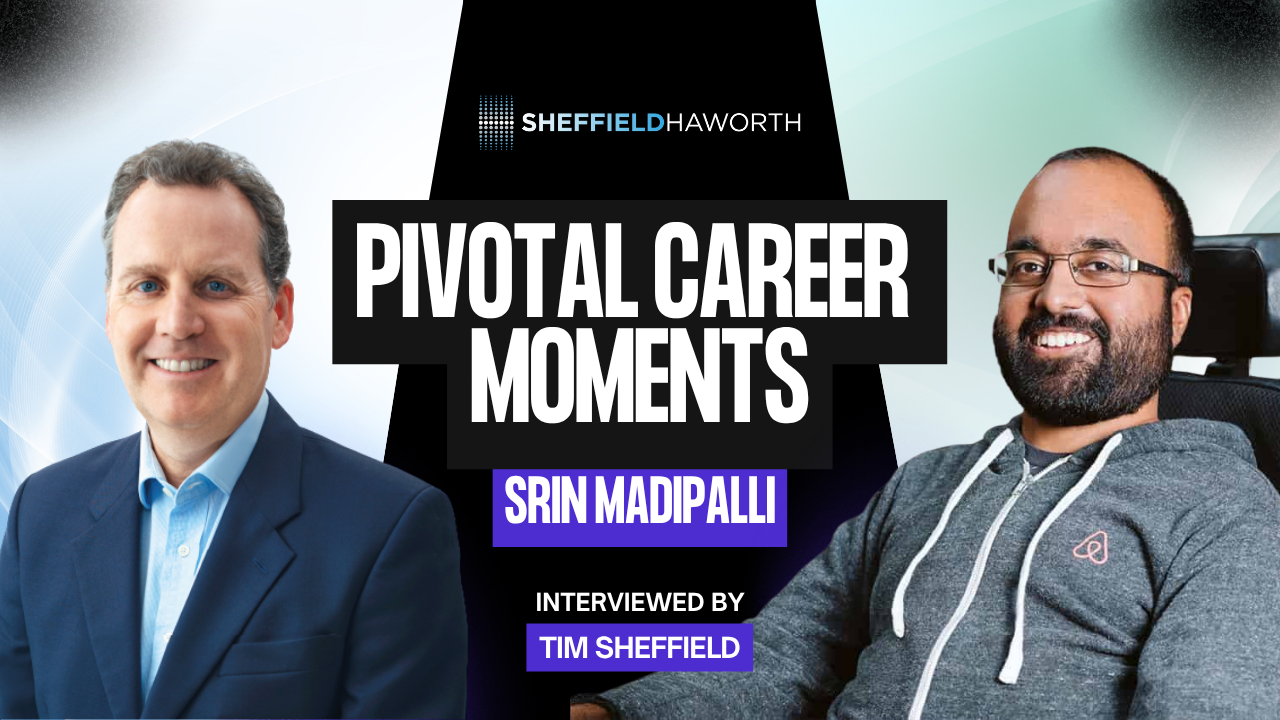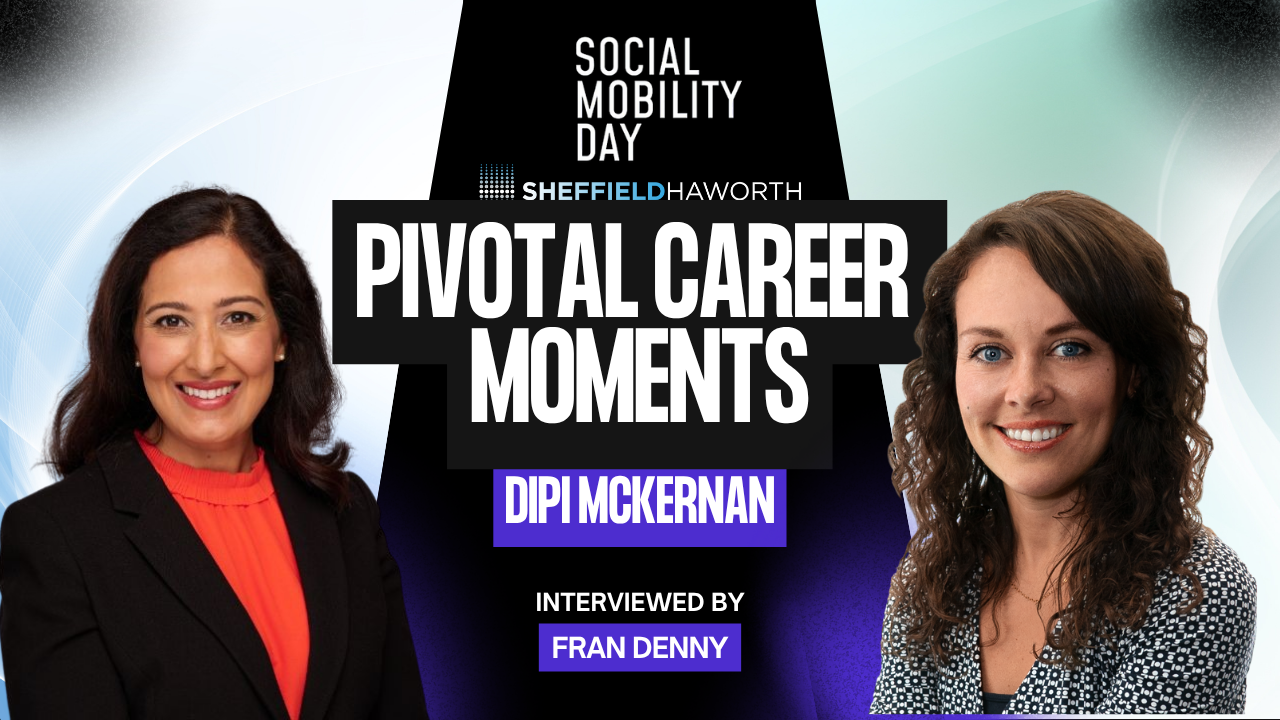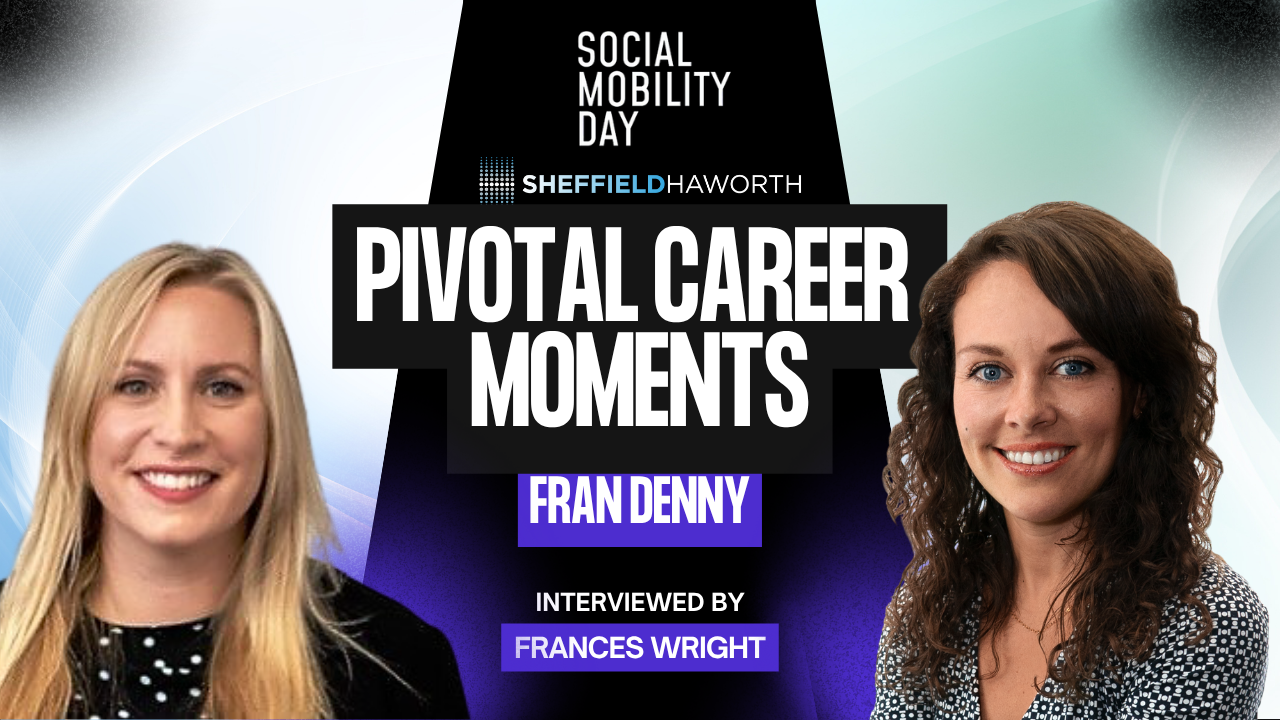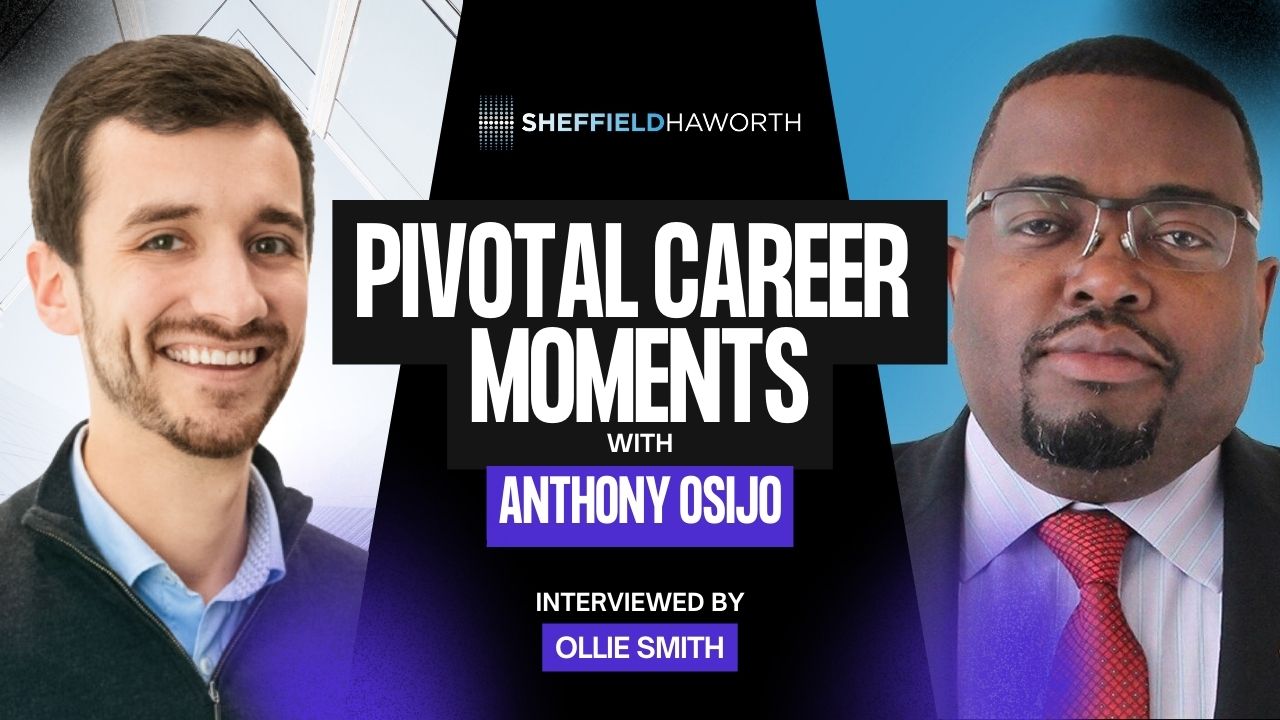Q&A with Dominic Edmunds, CEO of PlanetWatchers
By Christopher Hornby, Director, Technology Practice
Here, 18 months on from being placed at Planet Watchers by the technology practice at Sheffield Haworth, Dom talks to Christopher Hornby to discuss the reasons behind his success, where he sees the company going next, and his advice to tech firms looking to expand in the US market.
Q: It’s been about 18 months since you landed the role of CEO at PlanetWatchers. Tell us about your journey so far.
A: It catches me by surprise to think it’s been 18 months in the role. It feels like half that time and twice that time because so much has happened.
Moving to PlanetWatchers was my first foray into the SpaceTech industry, the AgriTech industry, the InsurTech industry and the climate tech industry all wrapped up in one. I came from the MarTech industry, which is totally different. That’s the reason I wanted to go on this journey with PlanetWatchers. I was looking at the technology which had been put in place, the size of the opportunity in front of us, and frankly to do the most challenging thing that I possibly could as my next career move.
I saw this as an opportunity to learn about different sectors and really try to build a very significant business almost from the ground up. Obviously, a lot of the original platform work had already been done, especially by Roi who’s the CTO and one of the original co-founders. It’s been a blast.
We set about focusing on the crop insurance market specifically around about 16 to 18 months ago, after a couple of months of reviewing what we had. That focus has helped the business significantly.
We’ve managed to make significant inroads in the US market. We’ve seen our revenues grow considerably. We’ve got great traction with great brands, and now we’re being exposed to more and more use cases where the business can grow, so I’m very pleased with what we’ve achieved.
Q: Geospatial technology and climate tech is such a hot space right now. What’s unique about PlanetWatchers?
A: There are technical innovations within the business; the fact that we use synthetic aperture radar (SAR) which is satellite-borne data which sees through clouds and low light allowing you to persistently monitor the earth, which is great when it comes to crops and large-scale events. But I think there’s more to it than just technical advantages.
[Pullout quote} “It’s about building relationships with customers and prospects and making sure we listen to them.”
Within the industry we’re making significant waves, being first to market and all that. I actually think we are a business which, unlike some other very science and technology-focused geospatial businesses, are here to build a commercial opportunity. We’re not here to fall in love with that technology and sharpen our pencils just expecting that someone will want to buy it.
It’s about building relationships with customers and prospects and making sure we listen to them. I know that sounds really simple, but it’s important to listen and add their requests into your product roadmap and develop something which is really meaningful and impactful. I think of us as one of the very very few truly customer-focused businesses in this space actually selling real valuable insight from satellite data.
Q: How are you monetising the data that you’ve got?
A: We follow a SaaS pricing model. My background is in SaaS. My CFO Trevor who I worked with previously at my last business, his background is in SaaS. We’re applying that to what we call Analytics-as-a-Service here at PlanetWatchers, which is allowing our customers to monitor very large areas. We measure these in acres because we’re talking about agricultural areas. We offer our customers data on multiple millions of acres for a very low cost per acre on an annual basis.
Monetising the data in industries that are used to being approached with individual images of areas at thousands of dollars a time or hundreds of dollars a time, which you have to buy every couple of weeks, versus cents per acre for an entire year’s worth of analysis – that’s very different and very appealing. As I say, we’re focusing on the customer, and it’s important that we demonstrate value against every single dollar or dime they spend with us.
Q: Where are those new client wins going to come from, do you think?
A: The initial focus has been in the US, and we still have work to do there. To own that market we still need to keep pushing hard and I see us by the end of this year having those very strong relationships with all of the core providers in the US, and then focusing on growing those accounts.
Then our growth will go in two different directions – geographical expansion and expansion into other insurance opportunities. We’re already looking at opportunities in Canada, Mexico, Brazil, and also in Europe. But then we can look at wider expansion into other insurance opportunities and other agricultural opportunities.
{Pullout quote} “It’s clear there is an advantage we can bring to those markets; the same type of analysis, the same kind of pricing and scale model which resonate with customers.”
It surprised us last year that quite a bit of agri-sustainability work came our way without us going directly looking for it. It’s clear there is an advantage we can bring to those markets; the same type of analysis, the same kind of pricing and scale model which resonates with customers.
Q: What differences have you found between growing a team business in the US versus Europe?
A: If I look at where we are right now within PlanetWatchers, our team is split between the UK, Israel, and the US. Although there are only 20 of us, we’re already a very internationally aware business.
In my last business we had a US office, we had a Singapore office, we had a Paris office and a UK office, so I am familiar with the challenges of internationalisation. It can be hard, but in the era that we live in where we’re all comfortable with Zoom calls and we all have this flexibility to our work patterns, it makes it that little bit easier.
I personally believe the hardest part of having such a disparate workforce is making sure you have everyone on the same page and a level of continuity. You all need to be facing in exactly the same direction. Your aperture can’t be out by three or four degrees because if it is, over time it just spreads and spreads and creates issues.
{Pullout quote} “If you find the right hire who is willing to go the extra mile then it doesn’t really matter where they are if they bring the right attitude to the business.”
The only way to address that is communication – constant communication. I would say that versus us sitting in the same office, we probably have more meetings on a daily basis than we would do. But actually that keeps us all aligned and it gives us that unique spread where we’ve virtually got 24 hours coverage.
Having been here before and having experienced those nuances, it’s helped. You need to be acutely aware of the differences in employment law between Israel the UK and the US specifically, but it’s all about finding the quality of hire. If you find the right hire who is willing to go the extra mile then it doesn’t really matter where they are if they bring the right attitude to the business.
Q: What advice would you give founders or CEOs looking to enter the US market for the first time?
A: Looking at the US market, it’s too easy to follow what so many businesses have done – go, open an office and then close that office 12 months later because you didn’t quite know what you were doing. It’s important to remember that the US is not the UK. It’s completely different. I lived in Virginia and in New York when I was there, so I’m acutely aware of the differences even between those two states.
You need to be clear on where you’re going to put your flag and why. Is it for a geographical reason? Is it that your customers are nearby and you’re going to service them face to face? Or is it actually that you’re looking for talent? Talent doesn’t have to be located in the obvious east or west coast areas; there are many different areas which are starting to spring up in the US. Certainly Texas has seen a significant growth in entrepreneurship in recent years, for example.
{Pullout quote} “It’s all on you. You’ve got to keep people glued together… to make sure that everyone is on the same page.”
Understanding the market is key, as is understanding how difficult it will be for you to manage it if you’re not moving there and having to manage people in a different time zone. If you leave them isolated they will be isolated, and an isolated workforce is not a happy or productive one.
What I find in a senior leadership position is that it’s all on you. You’ve got to keep people glued together. You’ve got to make sure that everyone is on the same page – often at the sacrifice of your own convenience. You’ve got to tell people what you’re thinking, and you’ve got to be clear.


















